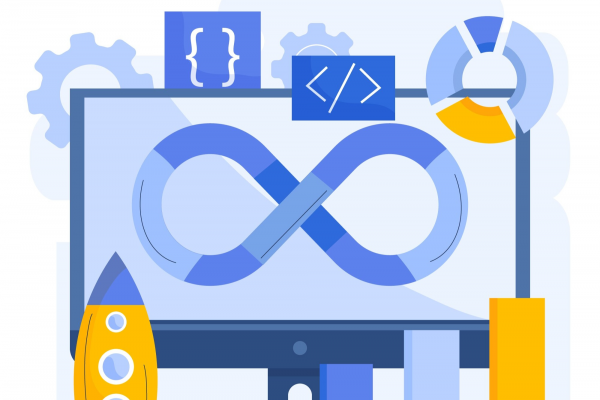In the rapidly evolving retail sector, leveraging technology is no longer optional—it’s essential for survival. Cloud computing has emerged as a pivotal solution, enabling retailers to harness the power of data analytics to understand customer behaviour, personalize experiences, and streamline operations. This blog explores how cloud computing transforms retail customer experiences and highlights three key statistics to illustrate its impact.
The Role of Cloud Computing in Retail
Cloud computing offers a flexible and scalable infrastructure that allows retailers to process vast amounts of data in real-time. By integrating cloud solutions, retailers can:
- Centralize Data: Consolidate data from multiple sources such as in-store transactions, online browsing behaviors, and customer feedback.
- Enhance Personalization: Use advanced analytics to deliver tailored product recommendations, targeted marketing campaigns, and customized shopping experiences.
- Improve Operational Efficiency: Optimize inventory management, reduce operational costs, and ensure seamless omnichannel experiences.
Enhancing Customer Experience Through Data Analytics
- Real-Time Insights for Better Decision-Making
Cloud-based analytics enable retailers to gain actionable insights in real-time. This facilitates quicker decision-making, from adjusting pricing strategies to restocking popular items.
- Personalization at Scale
With cloud computing, retailers can analyze customer data to create hyper-personalized experiences. For example, predictive analytics can forecast customer preferences, enabling businesses to recommend relevant products.
- Omnichannel Integration
Retailers using cloud solutions can offer a seamless experience across various platforms—online, mobile, and in-store. This ensures customers can start a purchase on one channel and complete it on another without disruption.
Real-World Applications
- Amazon: Amazon’s use of cloud computing for its recommendation engine is a prime example of personalized customer experiences driving sales.
- Starbucks: The coffee giant uses cloud-based analytics to optimize its supply chain and personalize loyalty program offerings.
- Zara: Fast-fashion brand Zara leverages real-time cloud analytics to respond swiftly to changing customer demands.
Challenges and Solutions
While the benefits are clear, integrating cloud computing comes with challenges, such as data privacy concerns and high initial costs. Addressing these requires:
- Robust Data Governance: Implementing strict protocols to ensure data security and compliance.
- Scalable Solutions: Investing in scalable cloud infrastructures to accommodate growth without significant overhead.
Conclusion
Cloud computing is revolutionizing the retail industry by enabling data-driven strategies that enhance customer experiences. With real-time analytics, personalized marketing, and seamless omnichannel capabilities, retailers can stay competitive in a dynamic market. The journey to becoming data-driven may involve challenges, but the rewards—improved customer loyalty, increased revenue, and operational efficiency—make it a worthwhile investment. Let STL Digital be your trusted partner in harnessing the power of digital innovation in Data Analytics for sustainable success.



